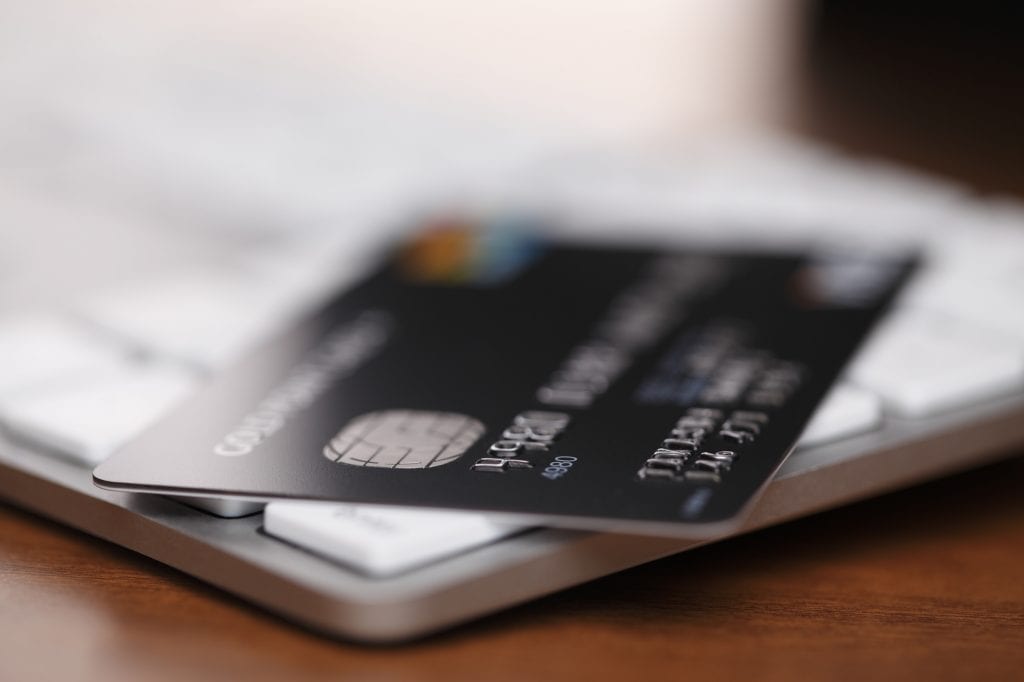As is and has been the case across financial services for the past two years, blockchain technology (distributed ledger) continues to grab headlines just about any day that one chooses to read about the industry. Another technology that has burst onto the scene (but in a more practical way) is the use of APIs, earlier on as a consumer-related set of service delivery capabilities, and now much more evident in the corporate (B2B) business sectors. APIs have generated actual value already over several years regarding the ability for companies to more easily integrate their products and services together in various channels, essentially providing vast opportunity for collaboration beyond complicated previous methods. Blockchain, on the other hand, is a more esoteric and problematic set of technologies, requiring a learning curve and ongoing testing to determine exactly how it can be used, especially in payments-related scenarios where regulators are wary of cryptocurrencies. So Mastercard, which already has an API development center (as do the other major branded networks), is opening up blockchain testing scenarios for its network clients.
Today Mastercard announced that it will be opening up access to its blockchain technology via its API published on Mastercard Developers. Mastercard’s blockchain solution provides a new way for consumers, businesses and banks to transact and is key to the company’s strategy to provide payment solutions that meet every need of financial institutions and their end-customers
The problem with blockchain has been the prevalence of hype versus actual industrial strength solutions. Many companies are touting blockchain, but few customers have come forward to actually apply to current or new business models and opportunities. The most touted use cases to date are in the products and services related to international trade (smart contracts, supply chain management), as well as capital markets clearing and settlement. B2B payments scenarios are harder to explain and justify given the scrutiny and skepticism on the part of sovereign regulators, who by and large do not yet know what to do with the technology. So Mastercard is creating a sandbox for clients to come work on blockchain related protocols within the development center. So this effort is targeted at B2B capabilities, a welcome initiative. In effect it further legitimizes the expected eventual adoption of blockchain in more widespread global use cases. The regulators will catch up eventually to what seems like an inexorable march towards this and other latest gen technology combinations that are changing how we live and work.
With this proprietary solution, Mastercard hopes to create new benefits for its partners and make the commerce ecosystem easier, faster and safer. In addition to building a new solution, the company has also filed for over 35 patents in blockchain and invested in Digital Currency Group, a collaborator that builds, incubates and seeds Bitcoin and blockchain technology-related companies
Overview by Steve Murphy, Director, Commercial and Enterprise Payments Advisory Service at Mercator Advisory Group
Read the full story here
